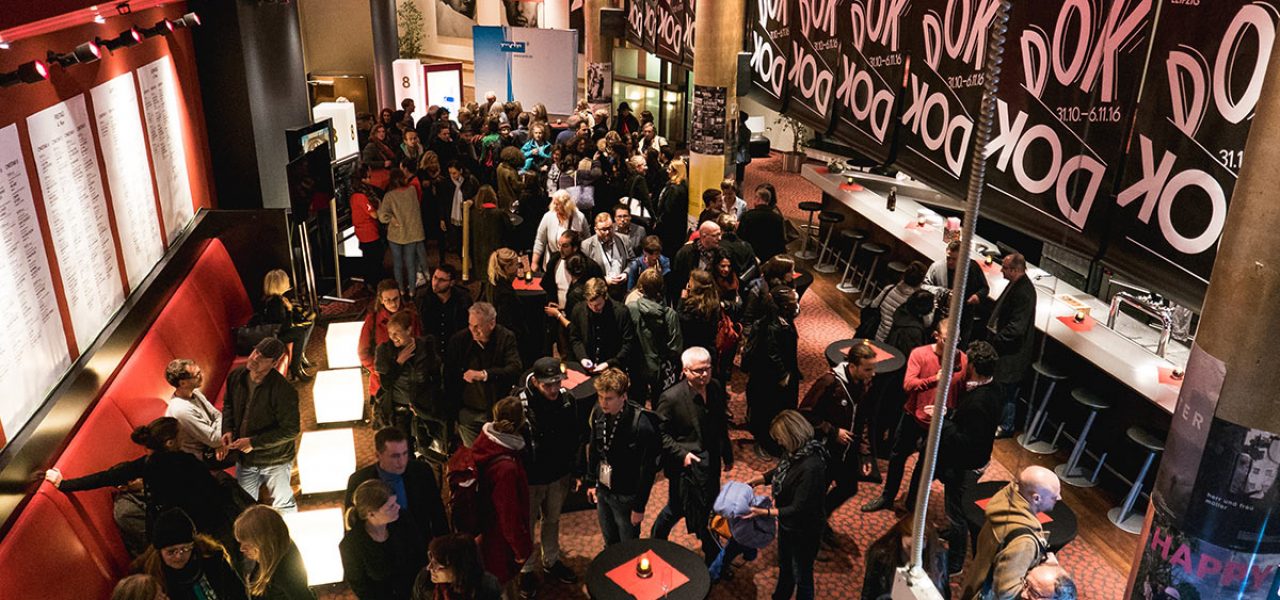
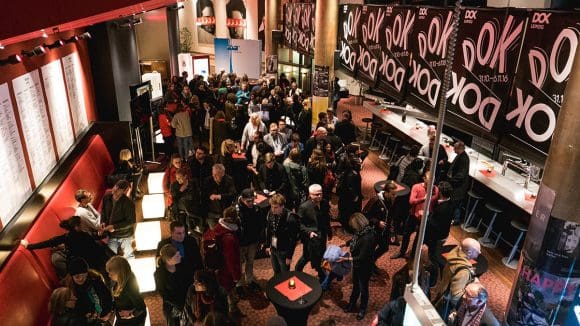
Report: DOK Leipzig, A Festival That Mixes Animation and Documentary Films
The DOK Leipzig Festival for Documentary and Animation in Germany has been promoting two art forms at the same time for almost six decades. Still, animation has a tough time being understood as a full-fledged medium by documentary filmmakers.
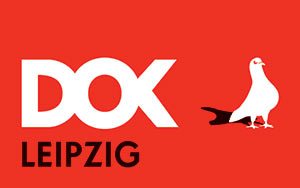
Unique among film festivals, DOK Leipzig focuses on documentary and animation (the latter both fiction and documentary) within one event. It makes for an enriching but sometimes awkward relationship, where the art forms compete for the spotlight and the annual awards.
Cartoon Brew attended DOK Leipzig for the first time this year and offers this report from the 59th edition of the event that wrapped up earlier this month.
(Mis)understanding Animation
“I don’t really like animation,” a documentary filmmaker told animator Alain Delannoy, director of animated short The Talk, which screened at this year’s festival. It’s a meaningless statement that is made all too often by people who haven’t yet grasped that animation is a technique and medium rather than a genre. This is exactly what the documentary filmmaker in this particular example learned right then and there, when he got handed a promotional flyer for The Talk and continued, “Wait! I really liked that film!…Is that animation?”
For each documentary filmmaker I’ve encountered that doesn’t (yet) understand our art, there are several who do. “All of us at DOK Leipzig have strong messages to pass along—some communicate through a camera, others through drawings,” said one documentary filmmaker in an open panel discussion. “There’s no inherent conflict between a film’s form and what the film is trying to convey,” added another filmmaker in the same panel. “The most stylized animation can convey the biggest truth,” concluded a third filmmaker.
“We program animation and documentary together in hopes of getting documentary filmmakers to see animation as the beautifully rich medium it is,” DOK Leipzig’s animation-focused member of the selection committee André Eckardt told me. “For some this step is too big to take at once, but if we keep mingling the art forms, then I’m positive more and more people will open their eyes.”
A Strong Visual Language
Opening documentary filmmakers’ eyes to animation’s rich visual language is not only good for animation, but also for the art of documentary filmmaking, DOK Leipzig’s former animation programmer Otto Alder told me. He recalled seeing lots of talking heads in documentaries in the 1990s, when he started to work for the festival. “At the time, documentaries weren’t very strong visually. By programming animation more closely to the documentary part of DOK Leipzig, we gave our audience a strong visual language to become inspired by. Watching animated films opens documentary filmmakers’ minds—to work with animation, but also to stretch the possibilities of live-action’s visual language.”
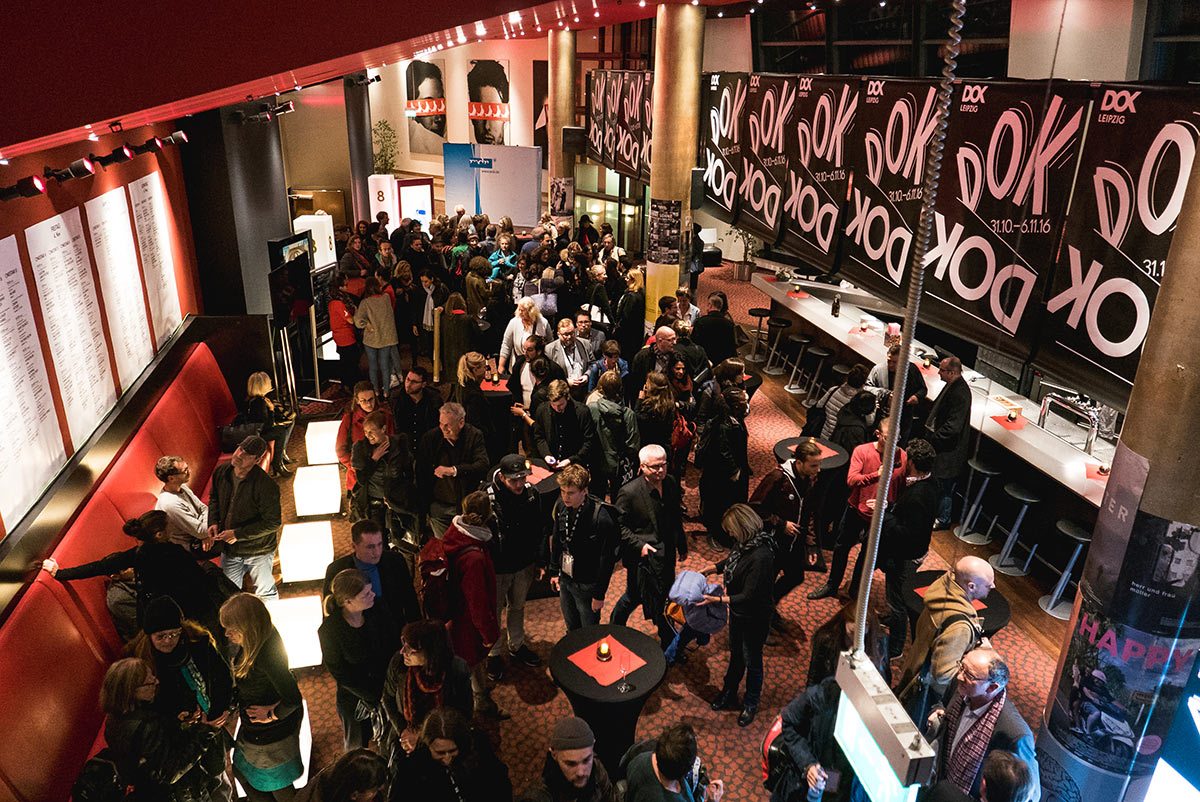
When I asked Alder about what animation filmmakers can learn from documentary in return, he paused and smiled. “I’m not sure… but animators can definitely be inspired by documentary’s subjects and its attention to the content.”
During my time in Leipzig, I noticed a greater focus on content, not only from the filmmakers, but also the audience. During the Q&A sessions, audiences often queried filmmakers about creative choices in storytelling and the characters’ feelings, rather than software or the size of a brush. It was a pleasant experience to hear audiences not focused on the ‘how’ for once and instead on the ‘why.’
On A Mission
DOK Leipzig showed great commitment to this mission by programming animated shorts in front of many of the feature-length documentaries, and by selecting the Annecy hit (and current Oscar contender) My Life as a Courgette (which is both animated and non-documentary) as the official opening film, a decision that resulted in criticism as well as praise from the documentary industry. Alder mentions there has always been criticism from the documentary side on the inclusion of animation in the festival, but that the audience expresses itself very clearly; ever since the first animation-only programs were introduced at DOK Leipzig, they have been routinely packed.
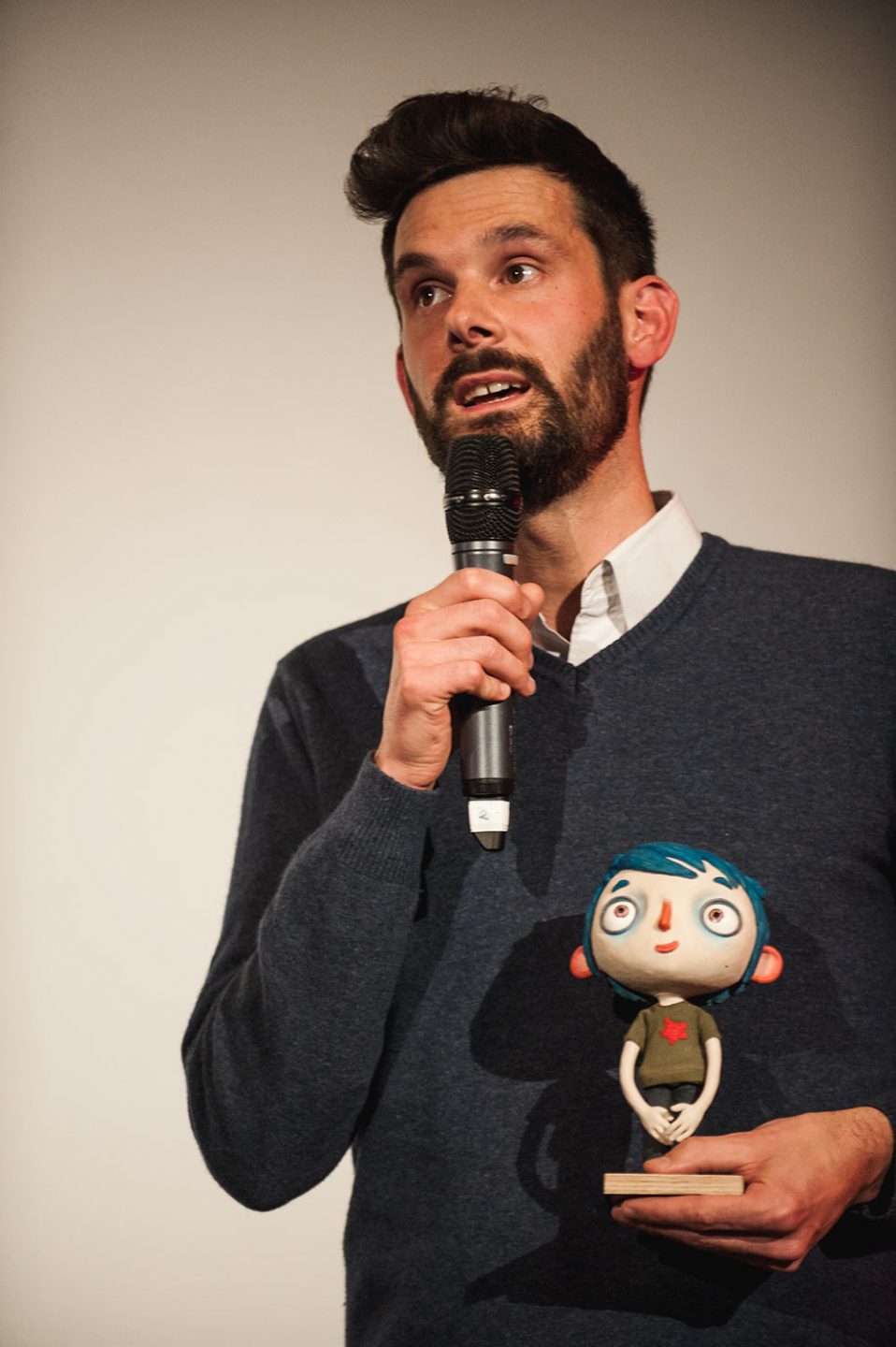
As someone used to attending animation-only festivals, I found it quite relaxing to alternate the often intense and relatively experimental animation compilations with ‘easier to read’ live-action documentaries. Even though DOK Leipzig is a huge event with many filmmakers in attendance and often a dozen screenings and events happening simultaneously, the animation community was easy to find at the animation discussions that happened daily at the cinema cafe.
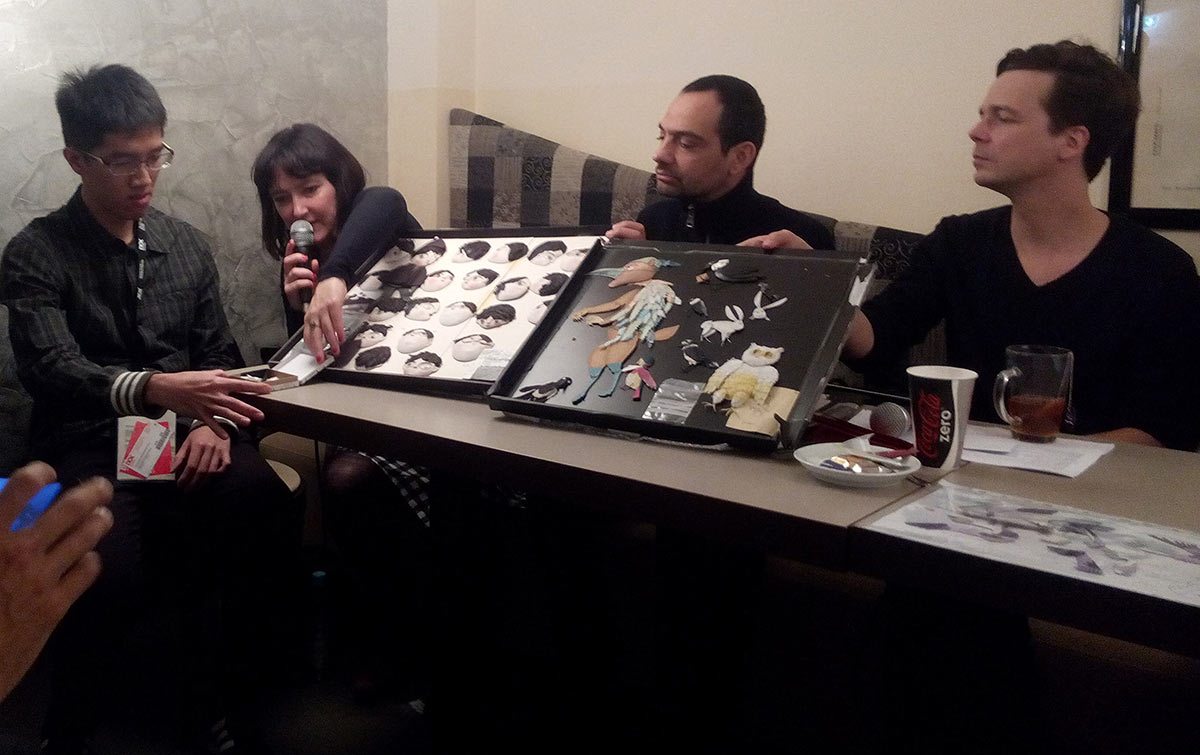
Great Films, Terrible Parties
DOK Leipzig sports a memorable motto: Great films, terrible parties. I must admit they do justice to both parts of that motto. With loud pop music and visuals dating back to the Seventies, their parties inspired myself and others to head back to our hotel’s cafe for an impromptu animation gathering.
Besides terrible parties, DOK Leipzig also prides itself in being a political festival that provokes meaningful discussions, which applies to both their documentary and animation programming. It’s such guiding principles that allow DOK Leipzig to combine documentary and animation into a provocative, complementary mix. Both art forms rub off on each other at the festival, and through those interactions, each side hopefully gains a deeper appreciation of the others’ craft.
The animated-related winners and honorary mentions of DOK Leipzig 2016 were:
International Competition Short Animation Film—Goldene Taube
Eternal Hunting Grounds by Elin Grimstad (Norway, 2016)
International Competition—Short Documentary and Animated Film—Honorary Mention
Nighthawk by Špela Čadež (Slovenia/Croatia, 2016)
International Competition Animated Documentary—Golden Dove
Kaisa’s Enchanted Forest by Katja Gauriloff (Finland, 2016)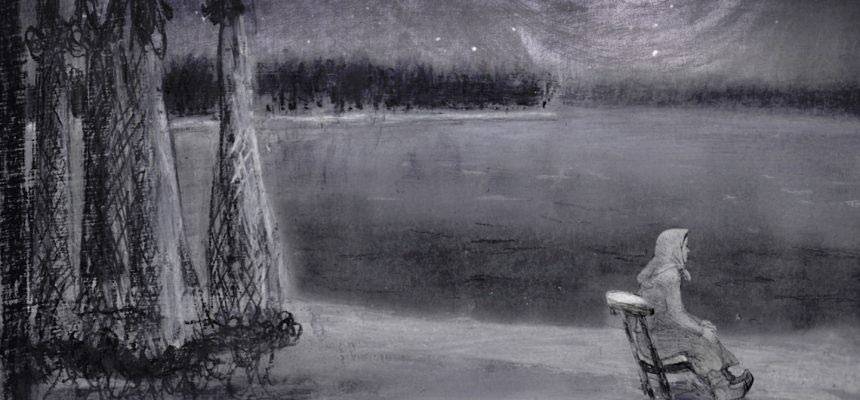
International Competition Animated Documentary—Honorary Mention
Whatever the Weather by Remo Scherrer (Switzerland, 2015)
Mephisto 97.6 Audience AwardPussy by Renata Gąsiorowska (Poland, 2016)

.png)